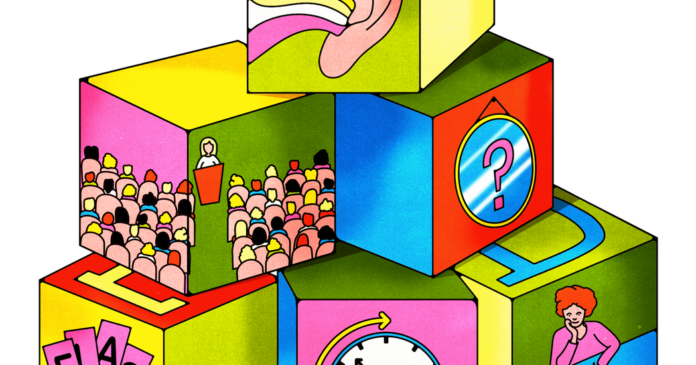Are you tired of feeling like a squirrel on a wheel when it comes to studying? Do you find yourself rereading the same material, hoping it will magically stick in your brain? Well, turns out, rereading is about as effective as trying to make a baby unicorn materialize out of thin air.
Sure, student surveys show that rereading notes or textbooks is the easiest way to cram for a test. But, c’mon, let’s be real – that’s like hoping your car will magically start after you’ve ignored that oil change light for six months.
Here’s the dealio – rereading makes you feel like you’re actually learning something, but in reality, you’re just skimming the surface. It’s like thinking you’ve made BFFs with the popular kids when they’ve only remembered you as the person who accidentally farted in math class.
Feeling like you’re lost in a sea of information? Fear not, my friends! Psychologists have come up with some wacky and counterintuitive ways to study. For example, trying to remember only partially learned material actually helps you retain that knowledge better than just reading and rereading it like a broken record.
In a mind-blowing experiment, students were given a passage to read about sea otters (yes, those cute little critters who float around on their backs). Some students just reread the passage over and over again, some read it a few times and then tried to recall as much as they could, and some only read it once and relied on their memories for the rest of the study periods.
And guess what? The students who relied on their memories actually did better than the others! It’s like finally getting a gold star for something you didn’t even realize you were doing correctly.
So, next time you’re knee-deep in textbook overload, try something new. Maybe try reciting information backward while doing a headstand (okay, maybe that’s a bit extreme). But seriously, challenge your brain and mix things up. Who knows, you might surprise yourself with how much you actually learn.
Serious News: nytimes

